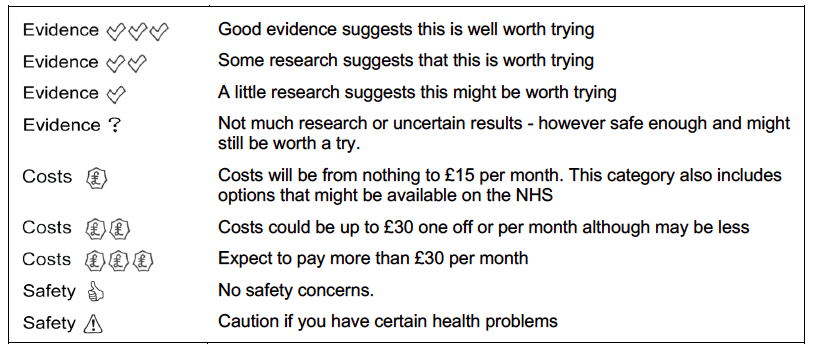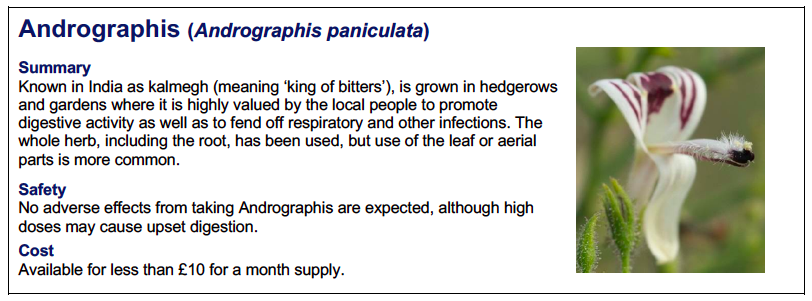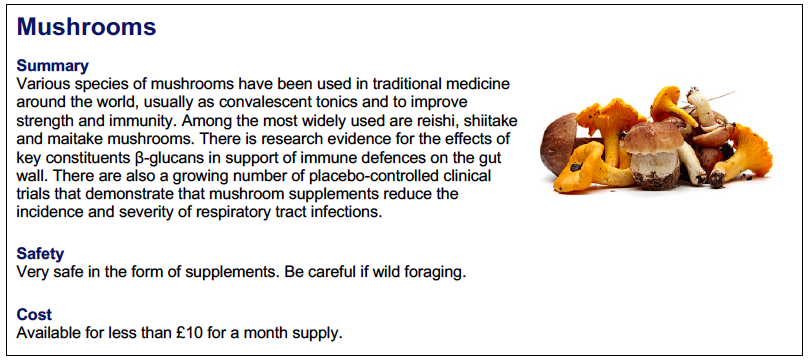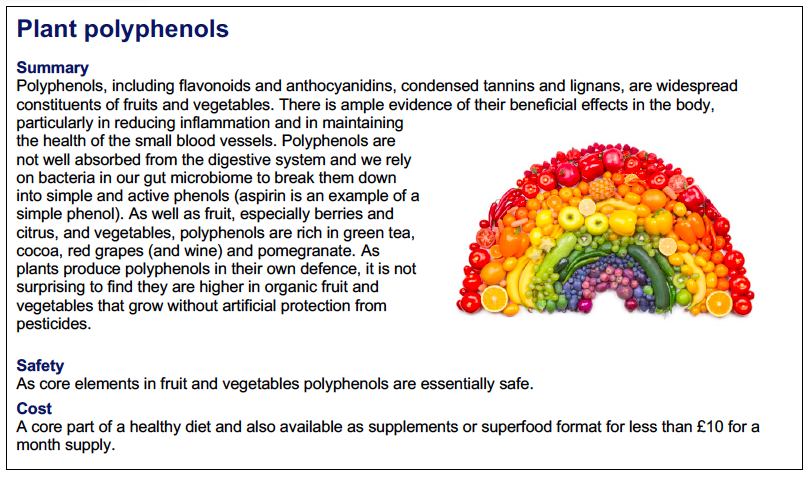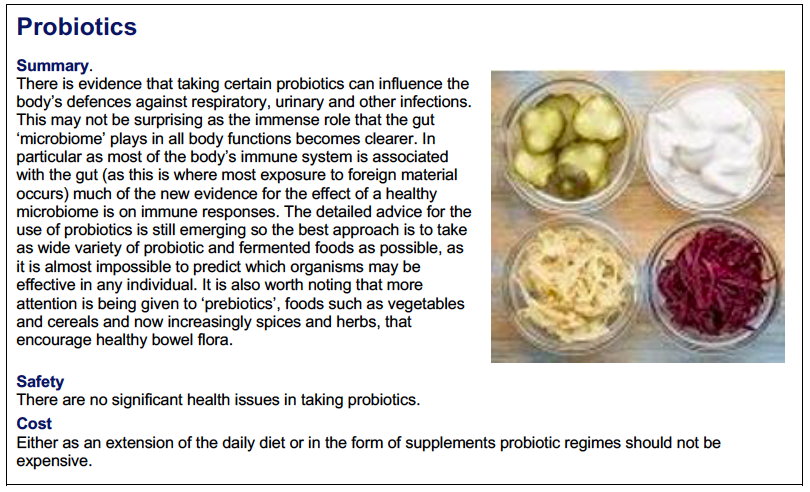Coronavirus (COVID-19)
Protecting the vulnerable
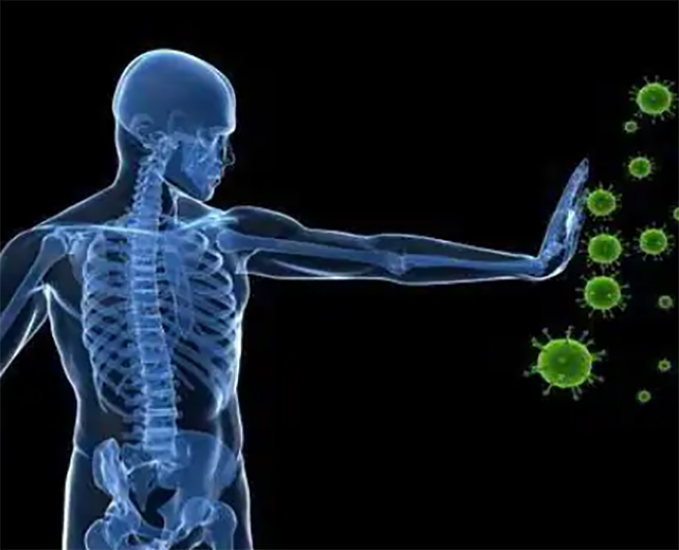
Latest advice*
* Official guidance from the UK government, the UK NHS and World Health Organisation
As the latest strain of coronavirus moves through our communities the priority is to follow latest guidelines above to slow down the spread of the infection. Then do keep reading for some additional science-based suggestions for improving your protection.
We need to agree priorities first: COVID-19 appears to be relatively contagious and there is already evidence that it can be caught before there are symptoms like coughing. This means that as well as airborne transmission it can be transmitted by direct contact. The advice is to wash hands frequently and thoroughly with soap and water, or use high alcohol hand gels, (if you cannot buy one try getting surgical spirit or rubbing alcohol from your pharmacy – vodka or other drinks do not provide the necessary 60% alcohol). Hand cleansing should be after any contact with surfaces other people may have touched and before you touch your face or food. Carefully dispose of tissues and other possibly contagious materials.
What more can we do? So far for over 80% of people who get infected, this strain of coronavirus is relatively mild, especially if you are young and relatively fit. The main care focus is on people with pre-existing conditions. The evidence from the frontlines in China, Italy, the USA and other countries , including the UK, indicates that the most risk is for people with a combination of two or more of high blood pressure, heart disease, diabetes, lung disease, cancer, and kidney and liver disease, who are also usually older. This makes COVID-19 different from flu.
The science is rapidly helping us understand why people in these categories are getting harmed by this virus, particularly why so many risk factors involve the cardiovascular system. We can now see 6 specific ways to increase protection against COVID-19. A key frontline in the defence against this coronavirus appears to be the cells lining the blood vessels (the endothelium). This is where inflammatory processes begin and disturbances in endothelial function are at the heart of the first three risk factors above. Most of the recommendations below will help here.
There is also new evidence emerging from Chinese clinicians that COVID-19 dangerously disrupts healthy bowel flora and so weakens the response to the infection: they recommend probiotics to reduce this impact.
These are all generally accepted health measures. However if you are in one of the risk groups above, now is the time to be more proactive. The good news is that many of the benefits are seen in a few days.
1. Cut back hard on refined carbohydrates and sugars, fats and alcohol. This will reduce the stress on the endothelial frontline caused by higher blood sugar levels. ‘Insulin resistance’, brought on by high fast-carb diets is a major disruptor of endothelial function as well as a precursor to diabetes.
2. Make sure your diet is dominated by PLANTS: vegetables, fruit, seeds, nuts, green, and black and herbal teas (see below). They contain polyphenols and other constituents that protect the endothelial frontline. For more of these you can reward yourself with chocolate containing at least 70% cocoa !
3. For similar benefits take more spices like turmeric, ginger, cinnamon (use these in cooking, herbal teas or supplements).
4. Step up your exercise, if possible in fresh air. Aim for 5-15 minutes of enough exercise to breathing hard each day.
5. Vitamin D will add to your protection especially if you have high blood pressure, so take in 15-30 minutes sunshine on face and arms each day if you can (longer if your skin is darker), consider a good supplement, and eat fish, egg if you can, or top up with mushrooms and other plat sources .
6. Take probiotics (see below) and prebiotics (vegetable and cereal foods, and some spices, that help nurture healthy gut flora) to help maintain your normal gut defences .
There is evidence to support these recommendations. For an academic review of the most recent clinical information on COVID-19, complete with links to new research papers, click on the following link and download the pdf:
Covid-19 – selfcare for the vulnerable
Below are some home remedies with evidence generally for improving defences to respiratory virus infections in general. Although COVID-19 is a lower respiratory infection and different in other ways, the principle of improving resistance always applies and these approaches should be considered with anyone who is at higher risk. Remedies in red are most likely to be helpful given the new knowledge above.
In the event that you do contract the virus, the remedies we recommend elsewhere on this site to relieve the symptoms of flu and the common cold may also be helpful.
Home remedies with evidence for improving defences against upper respiratory viral infections
(click on each to learn more)

Fruit and vegetables
> what do these ratings mean?
Polyphenols, such as flavonoids and anthocyanidins, are very common constituents of plants, fruit and vegetables, especially those that are coloured. Supplementation with polyphenols has been shown to reduce the incidence and shorten the duration of colds and viral infections. They are also likely to protect against one of the main weaknesses exploited by COVID-19, weakened blood vessel wall lining (endothelium).
High natural sources of polyphenols are red grapes (and red wine), cocoa (as in 70% + chocolate!), blueberries, any other coloured fruit, and pomegranate.
Mushroom supplements
> what do these ratings mean?
There is clinical trial evidence that mushroom supplements (containing β-glucans and other immunoactive constituents) reduce the incidence of respiratory tract infections. The main species studied are reishi (ganoderma), shiitake, and maitake mushrooms. Yeast supplements may also be helpful and are generally more available.
If choosing medicinal mushroom supplements it is wise to choose a reputable supplier rather than buy indiscriminately on the internet.
The benefits of supplements may also be obtained by eating a range of mushrooms in the diet, and these are widespread as foods around the world. However there is no direct evidence for this.
Probiotics
> what do these ratings mean?
Recent Chinese reports from the most detailed review of COVID-19 indicate that some patients have gastro-intestinal complications that upset the benficial bowel flora or microbiome. They judged it important to take steps to address this imbalance.
In research studies various probiotic supplements, especially containing strains of Lactobacillus and Bifidobacteria, have been shown to reduce the frequency, duration and intensity of respiratory infections, especially in children.
All these benefits were seen after at least several weeks consumption of these probiotics and it is less likely that short term use will have much impact. Probiotics may therefore best be seen as preventative rather than as treatments.
Vitamin D
> what do these ratings mean?
There is good quality evidence that vitamin D supplements can reduce the risk of catching colds or other respiratory infections.
Regular dosing is more effective than taking the vitamin intermittently and benefits will be felt most by people who are depleted in the vitamin. However in Britain and other urban cultures and where there is less exposure to sunlight, vitamin D deficiency is quite common.

Exercise
> what do these ratings mean?
Although the evidence is mixed it appears that moderate levels of exercise can reduce the risk of catching colds or other infections.
Too much exercise is well known to expose athletes to more infections and too little appears to do the same.
Relaxation
> what do these ratings mean?
There is moderate evidence that reducing stress and improving relaxation will increase resistance to colds, flu and other respiratory infections.
Self-taught mindfulness, meditation, or simple hobbies and restful activities like gardening, fishing or raambling are likely to be as least as effective as formal classes in meditation, yoga or tai chi. The method is only as good as its application: they key is to stick with it.
Vitamin C
> what do these ratings mean?
Doses of vitamin C of greater than 200mg have been shown to shorten the duration and severity of colds. This benefit was however most likely in people exposed to physical hardship of extensive exercise or extremes of cold (both increasing oxidative stress in the body), or deficient in vitamin C.
Benefits were only seen after longterm use and vitamin C should thus be seen as a preventative rather than a treatment.
Zinc
> what do these ratings mean?
As a supplement over the long term there is some evidence that the equivalent of 15-30mg ‘elemental’ zinc can reduce the incidence and duration of colds in children.
Zinc lozenges (as opposed to syrup or tablets) have a notable bad taste and can induce nausea.
Disclaimer
Knowledge and best practice in the health field are constantly changing. Each person and illness is also unique and no general information can anticipate every circumstance, nor be appropriate for every reader. Each individual case is best assessed in person by a qualified health advisor.
In the case of remedies or other products, users should read the label carefully for detailed information about safe use and in the case of natural products should choose responsible manufacturers with independently assured quality standards and safety monitoring procedures.
To the fullest extent of the law, neither the College of Medicine nor the authors, contributors or editors, assume any liability for any injury and/or damage to persons or property as a matter of products liability, negligence or otherwise, or from any use or operation of any methods, products, instructions or ideas contained in the materials herein.
